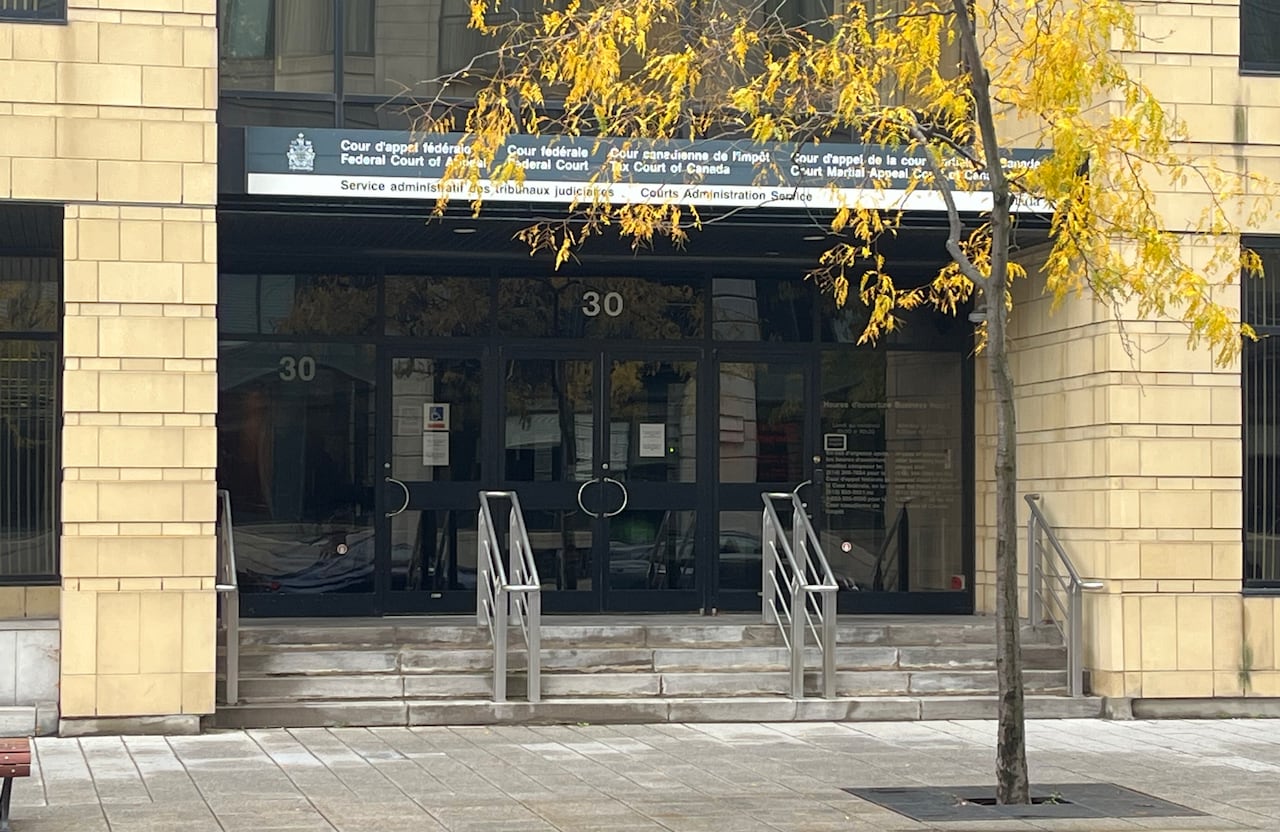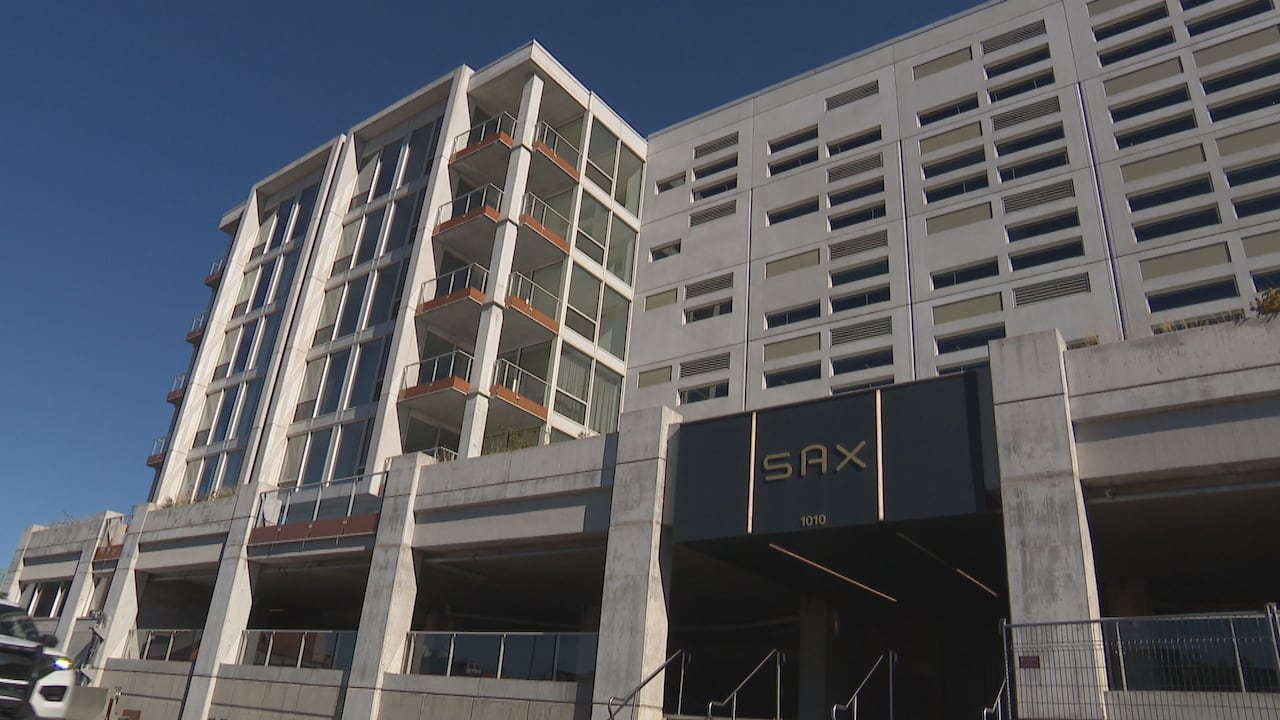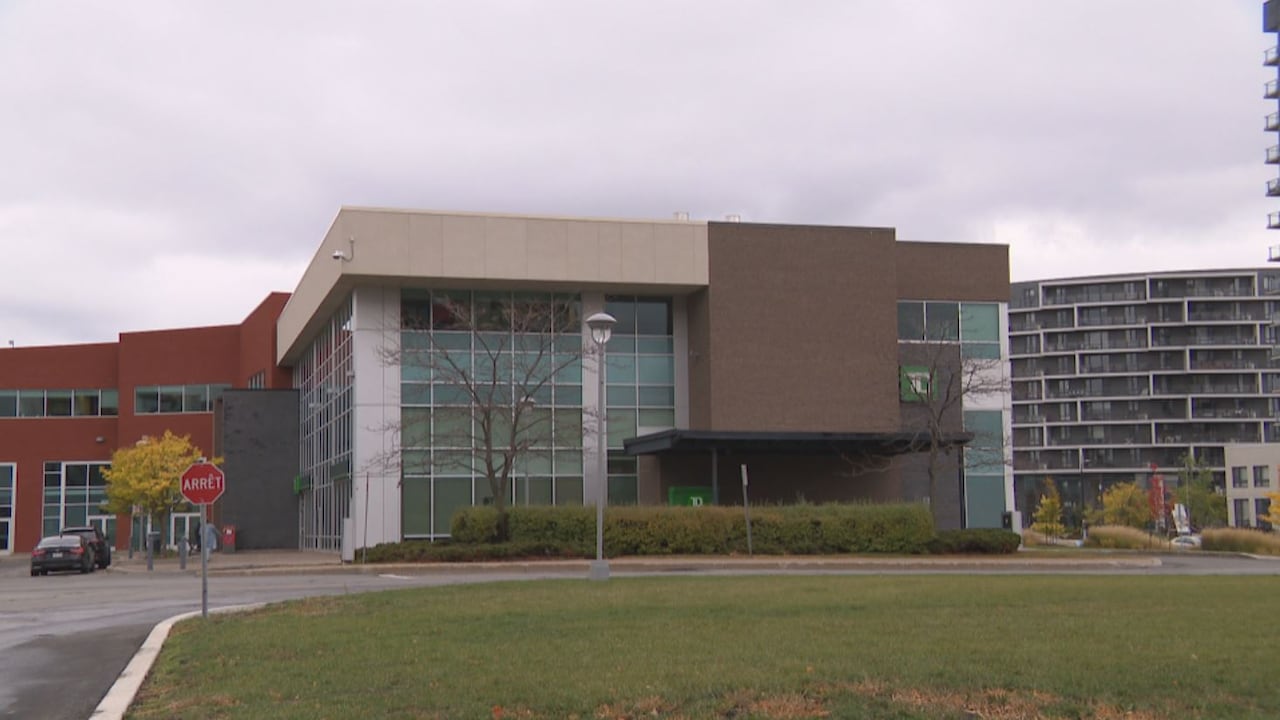More than two years after paying out $4.99 million in an allegedly bogus refund, the Canada Revenue Agency is stuck in Federal Court trying to figure out where the money went and how to get it back.
The seven-figure refund was issued through the CRA’s automated processes in the spring of 2023 to Distribution Carflex Inc., a cash-strapped body shop in the Laurentians region of Quebec.
According to internal records obtained by the CBC’s the fifth estate and Radio-Canada, the $4.99-million transaction went through automatically, as it fell just short of a $5-million threshold for manual review in this type of tax refund.
A source with inside knowledge of the CRA’s workings said that returns are routinely processed electronically without human oversight, even in cases where millions are paid out that would later raise red flags.
“There should be eyeballs on that transaction, but there isn’t, and that’s the problem,” said the source.
CBC is not disclosing the identity of the source, who is not authorized to discuss the internal workings of the CRA or specific tax files.
If the $5-million threshold had been met, CRA auditors would have performed a manual review of the tax return and might have noticed potential irregularities, the source said.
The $4.99-million reimbursement was issued on the premise that Carflex had paid taxes on a large capital gain, but auditors later found no record of such a payment.
The payment first attracted attention at TD bank, the institution where the money was deposited, and not the CRA, according to the leaked records.
The leaked Carflex documents are the most recent example of numerous instances uncovered by the fifth estate and Radio-Canada, which show the CRA has allegedly been duped into paying large reimbursements without conducting basic checks, affecting tens of thousands of taxpayers and raising questions about the agency’s credibility with the public.
Carflex’s owner, Yvan Drapeau, and his lawyer could not be reached for comment by email or phone.
According to documents filed in court, they have defended the transactions as valid and fought back against the CRA’s attempts to freeze its account.

(Sébastien Labelle/Radio-Canada)
At Federal Court, the CRA is trying to recover the money, alleging the firm “did not have a right to this refund.”
“Carflex is the one that caused the overpayment from the CRA through transactions that were questionable and potentially fraudulent,” agency officials have said in court.
Call for outside investigation
At issue is CRA’s use of thresholds that determine when a manual review is required before refunds are paid out.
Such thresholds are used internally by the CRA and not made public, but some fraudsters try to game the system by filing bogus returns that fall just below these limits, according to the source.
“In order for an automated process to allow a payment, there has to be a threshold that’s set,” the source said. “No one is really looking at the vulnerabilities of these automated processes.”
The leaked records state that officials at the Agency realized there were “no existing mitigations in place to prevent” the allegedly suspicious scheme.
Sources connected to the CRA have told Radio-Canada/the fifth estate that the government needs to hire outside experts to examine the Agency’s security measures. The agency falls under the responsibility of Finance Minister François-Philippe Champagne.
“The agency cannot police itself. It just can’t, because it will just make things look better than they are in order to [avoid] scrutiny,” a source said. “It doesn’t matter who the minister is. This is entrenched administrative behavior.”
The CRA “needs to be externally investigated from the ground up,” said another source.
A tangled web
The Federal Court is in the midst of unravelling the complex transactions that led to the legal showdown between the CRA and Distribution Carflex Inc.
In a decision in June, Federal Court Judge Yvan Roy said that CRA’s $4.99-million reimbursement to the company seemed to have been “generated artificially.”
After reviewing the court records, two tax experts at McGill University in Montreal said CRA’s automated functions apparently failed to spot the fact that Carflex was claiming a refund for a 2021 tax bill that would not have been paid.
“There was not an individual, real person from the CRA looking at the case. This was all done by computers,” said Raphaël Clément, a tax lawyer and doctoral candidate who reviewed publicly available documents with McGill law professor Allison Christians.
“In order to get the refund, you should pay [taxes] first,” he said.
Carflex was a relatively small company, having claimed expenses of $380,000 in 2020-21, with only $242,000 in revenue, according to court records.
The leaked records show that alarm bells first rang at TD Bank in April 2023, when officials noticed that the $4.99-million cheque issued to Distribution Carflex Inc. had been deposited in an account recently opened by a numbered company.
Records show that Carflex owner Yvan Drapeau had already withdrawn $1.5 million to go towards the purchase of a $2-million condominium in Montreal.

After TD Bank alerted CRA, the remaining funds were frozen.
Drapeau immediately objected, stating in an email to TD that “the bank should not be able to seize my assets without notice and place me in a precarious situation.”
The CRA is seeking to interview Drapeau’s business partner in the real-estate transaction, Jean-François Malo. A few days after Drapeau purchased the condo, the ownership was transferred to a trust called Fiducie Annie, which court records show is under Malo’s control.
Malo has been invoking client-attorney privilege to avoid answering the CRA’s question, arguing funds related to the transaction were transmitted through a notary.
Judge Roy rejected this rationale in a decision in June, stating “the existence of a client-solicitor relationship has in no way been established.”
As a result, the judge called on Malo to answer the CRA’s question in the matter.

In response to questions from CBC and Radio-Canada, the agency refused to comment specifically on the Carflex case, but said it is ready to use “all available measures to ensure compliance.”
The alleged scheme began with the company reporting a capital gain of $32.9-million on its 2021 tax return, without providing any supporting documentation, according to the information submitted in court by the CRA.
That capital gain triggered a $7-million tax charge. However, Carflex never paid that amount, according to the CRA.
The company then filed a tax return for the 2022 fiscal year, which stated that Carflex had paid out $13 million in shareholder dividends. That allowed the company to get a partial refund of $4.99 million on its 2021 tax bill, according to information presented in court.
Clément said that in his view, “if a human had looked at the file, they would have noticed quite quickly there was a problem.”






